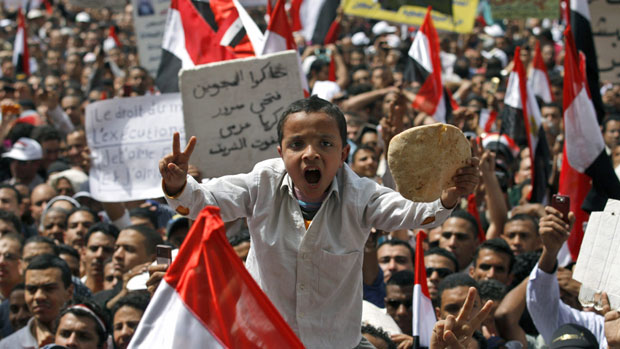Violence, Territorialization, and Signification: The Political from Carl Schmitt and Gilles Deleuze
Abstract
While Carl Schmitt is one of the main proponents of the question of the political with the consequence that his thinking on the subject has garnered much attention, not only is the question of the political in Gilles Deleuze relatively underdeveloped, but there has been virtually no work done on the relationship between the two. The orientating contention of this paper is that thinking the question of the political from the works of these two, very different, thinkers will not only start to bring these two thinkers together but, in so doing, will allow us to better understand their individual thinking in a way that draws out conclusions regarding the nature of the political. While Schmitt’s friend-enemy division is the normal focus of analyses, I will focus on the role that violence and territory plays in fostering and sustaining this distinction to suggest that Schmitt’s famous distinction actually points towards the intimate relationship between the political, violence, and territory. Having made this connection, I then turn to the work of Gilles Deleuze who, I argue, maintains that the political is linked to pre-individual processes of territorialization and signification. The conclusion reached is that thinking the political from Schmitt and Deleuze reveals that it is intimately connected to violence, territory, and signification, which are primordially determined by ever-changing pre-individual, socio-linguistic relations specific to each society. It is to this pre-individual, socio-linguistic field that attempts to answer the question of the political should attend.Downloads
How to Cite
Rae, G. (2013). Violence, Territorialization, and Signification: The Political from Carl Schmitt and Gilles Deleuze. Theoria and Praxis: International Journal of Interdisciplinary Thought, 1(1). Retrieved from https://theoriandpraxis.journals.yorku.ca/index.php/theoriandpraxis/article/view/36910
Issue
Section
Articles
License
- Authors who publish with this journal agree to the following terms:Authors retain copyright and grant the journal right of first publication with the work simultaneously licensed under a Creative Commons Attribution License that allows others to share the work with an acknowledgement of the work's authorship and initial publication in this journal.
- Authors are able to enter into separate, additional contractual arrangements for the non-exclusive distribution of the journal's published version of the work (e.g., post it to an institutional repository or publish it in a book), with an acknowledgement of its initial publication in this journal.

